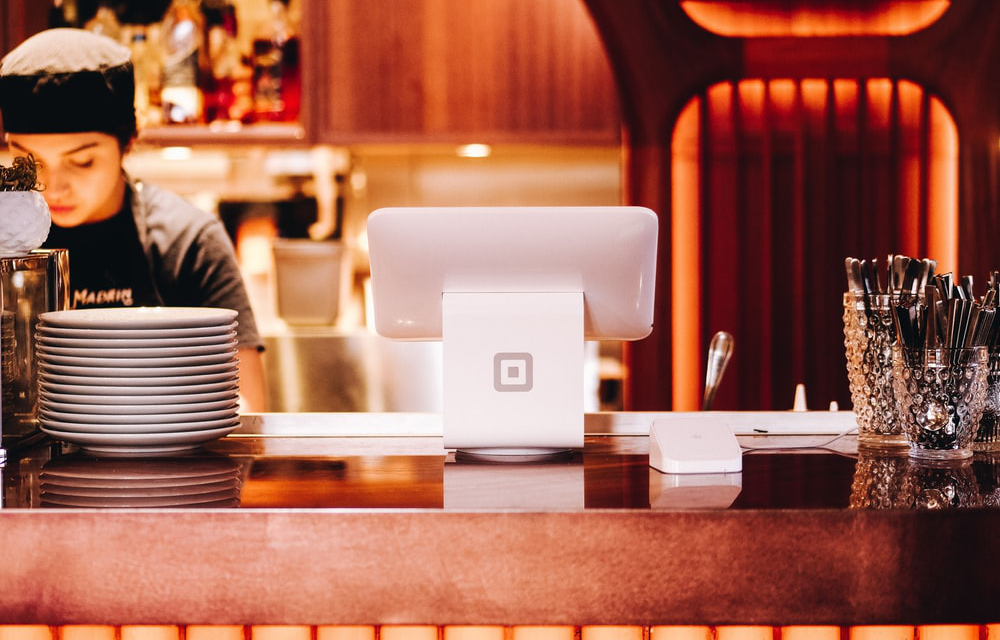People nowadays look for efficiency and convenience in their everyday lives. As a result, there is a growing dependence on services and products that are ready to consume. One evidence of this trend the rapid growth of the food industry. Restaurants and food shops pop up in almost every corner, making it easier for people to get what they need at any time of the day.
Unfortunately, the food industry is a tough nut to crack. While opening a restaurant seems like an achievable goal for many entrepreneurs, operating a successful food business is a whole different ball game. In this article, we will discuss tips and suggestions on how to start a restaurant business while at the same time ensuring success.
Write a business plan and get funding
Before you even consider looking at real estate or buying a single piece of equipment, you need a solid business plan. Your plan should envision every step and stage in the process including a possible exit strategy if necessary. Your business plan is also essential as you start looking at business loans for restaurants. Lenders are more confident in funding your business if they can envision your goal and what you are willing to do to achieve them.
Find a niche and focus on it
Your niche depends on specific interests. The food industry is massive, and you are bound to have stiff competition unless you have a unique concept that will stand out. If you are a baker, for instance, opening an ordinary bakery will not do. You need products that other similar businesses do not have. By being an expert in your niche, it will be easier to gain recognition and edge out potential competition that may come along later.
Research your target market
You cannot assume that there is already an established market for your product unless you do research. Even the most established food business owners would regularly test new products to check how it is received by the market. Research through product tests will also help you gain more insight into what your target market wants and use their suggestions to improve your product.
Another vital step is to hone in on your target market. What specific demographic are likely to patronize your business? What marketing strategies would work best to get their attention? Knowing your customers well will help you cater more to their needs while also focusing on how you want to run your business.
Build a good relationship with suppliers
The success of a food business significantly depends on reliable and consistent suppliers. Any issues you encounter while dealing with suppliers will greatly affect your business. From the time you open your restaurant, you need to establish a good bond with them. Be loyal and communicate with your suppliers regularly. As much as possible, make reasonable requests and always pay your invoices on time. A good relationship with suppliers will help you get access to the best products, discounts, and other specials that they will not offer to other clients.

